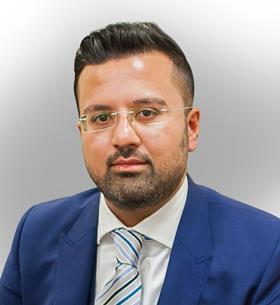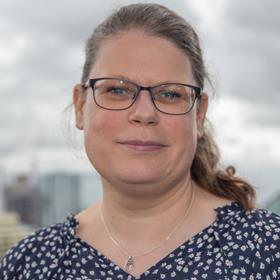In association with
An on-demand version of this webinar is available.
That medicine use should deliver value is beyond debate but there is much less agreement about just how that value should be defined and measured.
It is accepted that assessing value means more than simply looking at the price tag of a medicine. A cheap medicine that is difficult for patients to take as prescribed – leading to a worsening of condition and need for other healthcare interventions – is clearly a false economy. Medicines optimisation is therefore increasingly seen as requiring a holistic approach, with all relevant healthcare professionals involved alongside – crucially – patients themselves.
The idea is that patients should be a key part of helping decide which medicines work best for them. Put another way: a key part of helping to decide which medicines are most valuable to them.
But where does the balance lie in this complicated value equation? How should value ultimately be assessed, measured and reported on? And what does effective medicines optimisation mean across an integrated care system?
This HSJ webinar, run in association with Spirit Health, brought together a small panel to consider these complicated issues.
To access the recording, visit here and click play.
If you had previously registered as a viewer for the event, you will be able to view the recording immediately.
If you had not previously registered, you will be prompted to complete a form and then be sent information on how to access the recording.
Speakers

Selma Abed, head of medicines optimisation, Spirit Health
Selma Abed is a medicines optimisation and management specialist with experience across the NHS – including community pharmacy, primary and secondary care – as well as in the private sector. At Spirit Health, she leads the medicines optimisation national team, designing and implementing patient-centred medicines optimisation programmes for ICSs. These serve to drive efficiencies across ICSs.

Yousaf Ahmad, director of medicines optimisation and chief pharmacist, Frimley ICS
Yousaf Ahmad is director of medicines optimisation and chief pharmacist at Frimley ICS, which covers a population of more than 800,000 people in East Berkshire, North East Hampshire and Farnham and Surrey Heath. He has worked in pharmacy and the wider pharmaceutical industry for more than 20 years and has extensive experience in secondary care, having worked primarily in large acute health boards in Scotland and the Middle East. Mr Ahmad is a fellow of the Royal Pharmaceutical Society and a member of the governing council of the General Pharmaceutical Council.

Kalveer Flora, lead rheumatology specialist pharmacist, London North West University Healthcare Trust and principal pharmacist for medicines optimisation, NHS London Procurement Partnership
Kalveer is the lead rheumatology specialist pharmacist at London North West University Healthcare Trust. As project manager for the rheumatology pharmacy biologics service, she plays a key role in supporting best-value medicine adoption and implementation.
She is also the principal pharmacist for medicines optimisation at NHS London Procurement Partnership, where she works on medicines optimisation projects across the NHS and explores how to share and spread best practice.
Kalveer has a national role too, as a lead pharmacist for NHS England’s rheumatology clinical reference group and as chair of Rheumatology Pharmacists UK.

Claire Read, chair, HSJ
Claire Read is a professional writer and editor who has specialised in healthcare throughout her 20-year career. She has been a regular contributor to HSJ since 2012 and has a particular interest in healthcare digitisation and technology.






















